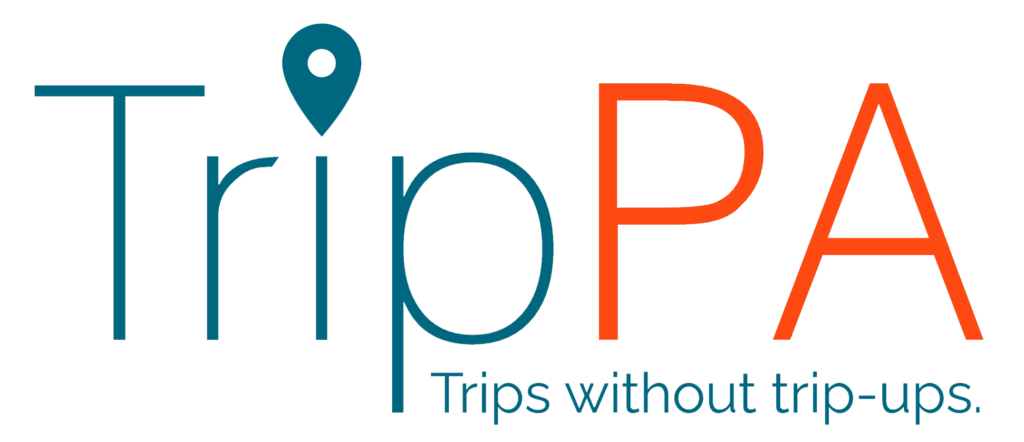From Education to E-Commerce: Jack Ma's Teaching Roots
Jack Ma, renowned as the co-founder of Alibaba Group, commenced his career as an English teacher in China. Ma founded Alibaba in 1999, initially as a platform to connect Chinese manufacturers with global buyers. Despite certain controversies surrounding some of Ma’s business dealings, there’s no denying the profound impact of his entrepreneurial journey, exemplifying how a background in education can fuel remarkable success. Ma once reflected, “I still have lots of dreams to pursue… I want to return to education, which excites me with so much blessing because this is what I love to do.”
From Classroom to Clicks: Professor Becky Allen and Laura McInerney's Path with Teacher Tapp
Professor Becky Allen and Laura McInerney, the creative minds behind Teacher Tapp, have leveraged their teaching experiences to establish a thriving entrepreneurial venture. Teacher Tapp, a mobile app delivering daily surveys to educators, offers invaluable insights into the ever-evolving landscape of education. Through Teacher Tapp, Allen and McInerney have truly revolutionised how educators stay informed and empowered, demonstrating the boundless potential of teaching-inspired entrepreneurship.
From Tutoring to Tech: Sal Khan and the Khan Academy
Sal Khan, the founder of Khan Academy, embarked on his journey by tutoring his niece online. His passion for learning led him to establish Khan Academy in 2008, a nonprofit organisation committed to providing free, world-class education globally. Khan’s philosophy of teaching, rooted in the joy of learning and understanding, resonates deeply with educators and learners alike. He once shared, “My basic philosophy of teaching was straightforward and deeply personal. I wanted to teach the way I wished that I myself had been taught. Which is to say, I hoped to convey the sheer joy of learning, the thrill of understanding things about the universe.”

From Bell to Business: Alexander Graham Bell's Transition
Alexander Graham Bell, celebrated for his invention of the telephone, began his career with a profound dedication to education. Though not widely acknowledged as a teacher, Bell’s commitment to educating deaf students greatly influenced his groundbreaking work in communication technology. Transitioning from teaching to entrepreneurship, Bell’s steadfast devotion to education laid the groundwork for his entrepreneurial pursuits. His vision of educating the masses to elevate intelligence remains an enduring legacy, echoing his belief that “Educate the masses, elevate their standard of intelligence, and you will certainly have a successful nation.”

A Legacy of Learning
Transitioning from teaching to entrepreneurship often necessitates balancing multiple roles and responsibilities. Many educators find fulfilment in the autonomy and creative freedom entrepreneurship offers. By leveraging their teaching experience and organisational skills, teachers can effectively manage their time and priorities, ensuring the success of both their students and their businesses.
I’m finding that the journey from teacher to entrepreneur is marked by continual growth and learning, constantly needing to adapt to new challenges and opportunities. It seems daunting at times, but the drive to make teachers’ lives a little better keeps me moving forward.
Conclusion: Empowering Educators to Enriching Entrepreneurship
In the dynamic landscape of entrepreneurship, teachers bring a unique perspective and skill set that drive innovation, foster social change, and empower communities. Their journey from the classroom to the boardroom underscores the transformative power of education, demonstrating that the lessons learned in teaching extend far beyond the confines of academia. As educators-turned-entrepreneurs continue to make their mark on the business world, they serve as a beacon of inspiration and empowerment for future generations of changemakers.





